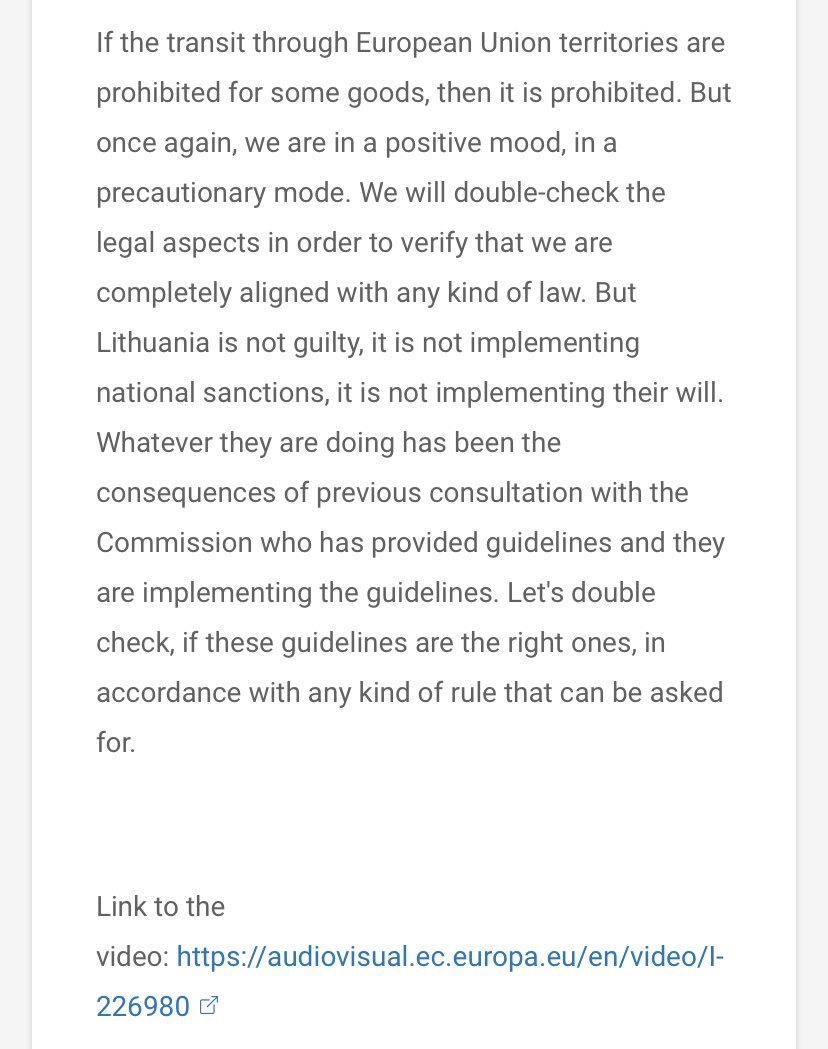
#Ukraine_Germany: Zelensky's decision to remove Melnyk as ambassador to Germany indicates Kyiv's interest in strengthening political dialogue with Berlin. This makes even more sense now that Johnson is stepping down, which will inevitably draw the UK's attention to internal ⤵️
problems. However, inconvenient as Melnyk was, his direct approach, atypical for diplomacy, caused changes in the German public narrative on taboo topics related to Russia. After learning many painful lessons about its dependencies on Russia, Germany has no choice but to⤵️
quickly adapt to new geopolitical realities. This, among others, includes helping Ukrainians at home and abroad (about 800,000 refugees are hosted by Germany alone) and consolidating Ukraine’s defense ahead the approaching cold autumn-winter.
An additional layer to the argumentation of why Zelensky decided to remove Melnyk.👇
https://twitter.com/dioniscenusa/status/1546223472950607873
• • •
Missing some Tweet in this thread? You can try to
force a refresh





